Environment
-
 Animals
AnimalsDry pet food may be more environmentally friendly than wet food
The environmental cost of wet pet food is higher than dry food, scientists say. That may be because wet food gets most of its calories from animals.
By Meghan Rosen -
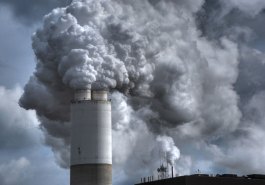 Health & Medicine
Health & MedicinePollution mucks up the lungs’ immune defenses over time
A study of immune tissue in the lungs reports that particulate matter buildup from air pollution may impair respiratory immunity in older adults.
-
 Animals
AnimalsThese devices use an electric field to scare sharks from fishing hooks
SharkGuard gadgets work by harnessing sharks’ ability to detect electric fields. That could save the animals’ lives, a study suggests.
-
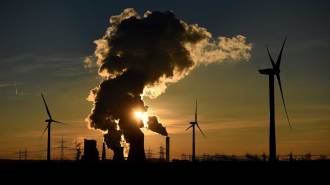 Climate
ClimateWind turbines could help capture carbon dioxide while providing power
Turbulent wakes from wind turbines can concentrate CO2 from cities and factories, making it easier to remove the greenhouse gas from the atmosphere.
-
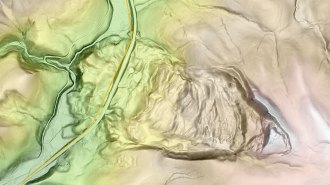 Earth
EarthLandslides shaped a hidden landscape within Yellowstone
Scientists have used lasers to get a detailed view of the national park’s topography, and they’ve spotted more than a thousand landslides.
-
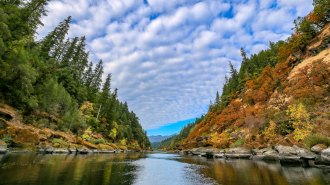 Environment
EnvironmentHeat waves in U.S. rivers are on the rise. Here’s why that’s a problem
In recent years, heat waves in U.S. rivers have gotten more frequent, causing trouble for fish, plants and water quality.
By Jude Coleman -
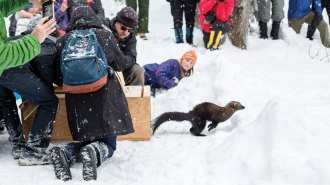 Animals
AnimalsTree-climbing carnivores called fishers are back in Washington’s forests
Thanks to a 14-year reintroduction effort, fishers, or “tree wolverines,” are once again climbing and hunting in Washington’s forests after fur trapping and habitat loss wiped them out.
-
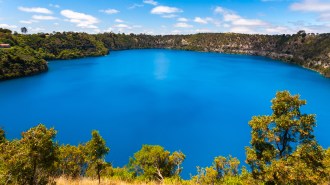 Climate
ClimateClimate change could turn some blue lakes to green or brown
As temperatures rise, more than 1 in 10 of the world’s blue lakes could change color, reflecting holistic shifts in lake ecosystems.
-
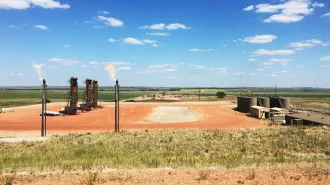 Climate
ClimateGas flares are leaking five times as much methane than previously thought
The flares burn off methane at 91 percent efficiency. Achieving 98 percent efficiency would be like taking nearly 3 million cars off the road.
-
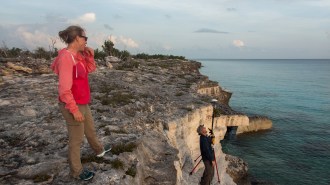 Earth
EarthJacky Austermann looks to the solid earth for clues to sea level rise
Jacky Austermann’s work could help inform practical climate change solutions for at-risk coastal cities.
By Aina Abell -
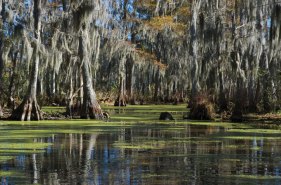 Ecosystems
Ecosystems‘Fen, Bog & Swamp’ reminds readers why peatlands matter
In her latest book, author Annie Proulx chronicles people’s long history with peatlands and examines the ecological value of these overlooked places.
By Anna Gibbs -
 Ecosystems
EcosystemsA Caribbean island gets everyone involved in protecting beloved species
Scientists on Saba are introducing island residents to conservation of Caribbean orchids, red-billed tropicbirds and urchins.
By Anna Gibbs